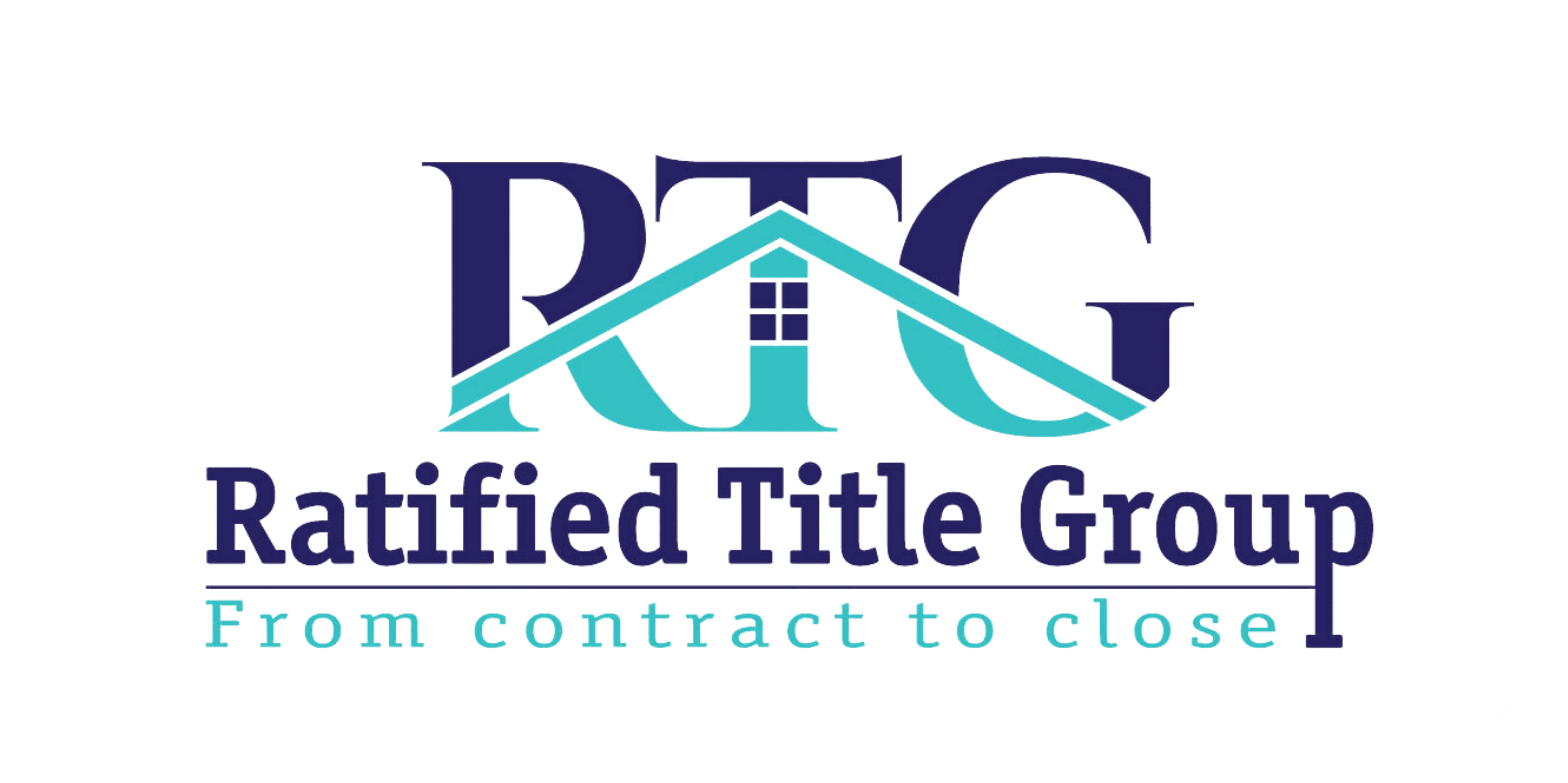At Ratified Title Group, we work hard to get you to closing as smoothly as possible. That includes making sure there aren’t any defects on the title of your property by doing a title search. A title search is necessary to obtain a title insurance policy. The information collected during a title search will give you peace of mind about the property you are buying and reduce the risk of title problems presenting themselves in the future.
What Is a Title Search?

A title search is an examination of public records to determine who has the right to own the property. It’s generally done during escrow after an offer to purchase the property has been accepted. The public records that are searched are:
- Deeds
- Mortgages
- Tax records/tax liens
- Marriage records/divorce cases
- Probate records
- County land records
- Bankruptcy court records
A title search will determine if there are any liens or judgments against the property. These are known as “clouds.” It will also disclose special building restrictions or previously established easements.
Who Does the Title Search?

The title search is done within a title company by someone called an extractor, examiner or searcher. A buyer who is paying cash may want to and can do their own title search to look for liens on the property or judgments against the seller. However, due to the number of records that need to be searched, you may feel more comfortable leaving in the hands of the title company. Either way, we recommend that you have a title search done even if you are paying cash.
How Much Does a Title Search Cost?
The cost of the title search depends on the loan amount and purchase price of the property being bought or sold. Title searches start at $150. An Ownership and Encumbrance Report is usually under $1,000. These fees are included with the title insurance policy and are typically paid at closing.
The Five Steps of a Title Search
- Chain of title – A chain of title is the sequence of past transfers to the property. It runs from the current owner back to the original owner. This information comes from public records from the county clerk’s or recorder’s office. It can also be obtained from title “plants” that are owned and maintained by title companies. If the property is really old, it could mean going back as much as 100 years. However, the Marketable Title Act says that the chain of title only has to be complete 40 to 60 years back. This step will determine if the chain of title is incomplete, meaning the owner does not have a marketable title.
- Tax search – The tax search determines the current status of the real estate taxes against the property. It will determine if there are unpaid taxes on the property. If there are, then that creates a lien on the property.
- Inspection – An inspection of the site will reveal any encroachments or evidence of easements that may not be recorded. If any are found, they’ll be recorded and mentioned to the customer.
- Name and judgement search – The name and judgments search will determine if there are any unsatisfied judgments against the owner or previous owners. If any judgments are discovered, it means there’s a defect in the title, and they must be cleared up before the title can be transferred from the seller to the buyer.
- Closing – Once any defects in the title are cleared up, all parties, including the lender, buyer and seller, can proceed with the closing.
If you have questions about the title search process, or you need a title search done on your property, we’d love to help! Reach out to us at 571-234-5589 or [email protected].

